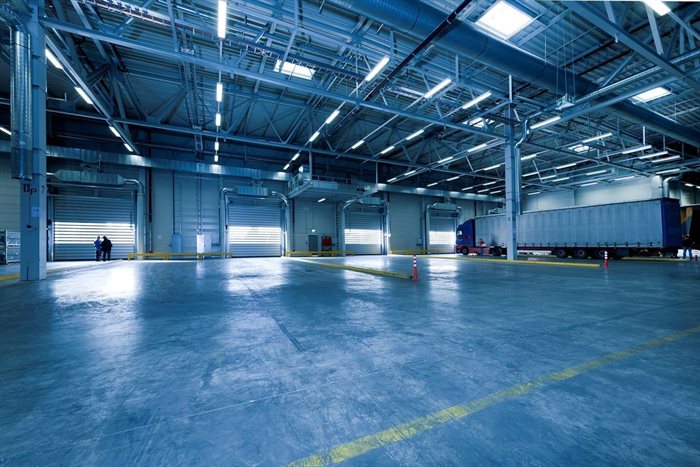The report reviews commercial property investment activity across the office, industrial, retail and alternative, living and hospitality markets in South Africa. Mieke Purnell, research manager at JLL said, “All in all, and despite the macroeconomic and geopolitical challenges faced globally, the commercial property market in South Africa fared relatively well in 2022, with strong performance emanating from the Western Cape.”
Although total property investment in 2022 fell short of 2021, the Western Cape experienced a surge in investment activity, with a total just shy of R3.9bn recorded - a 66% improvement on the previous year.
Sectoral performance varied in 2022, including robust performance within the industrial sector, a slower than expected recovery in the retail sector, and a lagging recovery in offices. The alternatives, living, and hospitality sectors also gained market share in comparison to previous years. The total geographical investment spread for Gauteng and the Western Cape across all these sectors over the last two years is reported by JLL as follows:
A large portion of the transactions occurred in the industrial sector, with R6.1bn reported for 2022, a mammoth 41% increase on the previous year. Approximately R2bn of these investments occurred in the Western Cape, while Gauteng fell to levels close to R2.5bn.
Commenting on the report, Kim Pfaff-Karg, chief investment officer of Cape-based Spear Reit Limited, said, “Although Gauteng still accounts for the lion’s share of investment, the figures show a progressive decline in Gauteng since 2020, while the Western Cape has soared. The Western Cape is a magnet-market, being the key migration destination for both people and companies in search of a more attractive and economically viable location.”

Kim Pfaff-Karg, chief investment officer of Spear Reit Limited
“Good quality properties in the Western Cape remain tightly held. Property investors (public and private), from all regions of South Africa, are targeting the province where capital values have remained steadfast and cashflows have proven resilient, despite challenging market conditions,” continued Pfaff-Karg.
“The upshots of semigration are particularly evident in the industrial sector,” she continued. “Our industrial portfolio has performed well as manufacturers and warehousing industries earmark Cape Town as a growth node for their business.”
“Although we expect this trend to spill over to all sectors in the near future," said Pfaff-Karg, "our strategy is to grow our portfolio with a bias towards industrial and convenience retail assets within the Western Cape.”
Spear Reit recently announced the disposal of Liberty Life, an 18,244m2 commercial office building in Century City, citing a rebalancing of its portfolio into the industrial sector supported by the acquisition of The Island, a 21,774m2 industrial park located in Paarden Eiland.
Growth opportunities in the Western Cape
The industrial and retail sectors have been flagged as growth opportunities in the Western Cape in particular, largely due to a surge in demand, coupled with scarcity of land. Although the report shows that 2022’s consumer spending did not live up to expectations in the retail sector, with an overall decrease of 32% year-on-year indicated.
The office sector has shown a recovery of 4% (equivalent to R2.7bn) after a sharp decline between 2018 and 2021. Most of the investment footprint was driven by owner-occupiers and conversion potential in Gauteng. Return to the office has been given a boost by South Africa’s energy crisis as load shedding woes bring workers to those offices that offer a charged power point. Pfaff-Karg said that a healthy return to the office environment and semigration are expected to benefit the group’s office portfolio, having a positive impact on vacancy rates and rental growth.
Spear Reir currently owns a portfolio of R4.5bn in diversified Cape Town-focused assets, with its longer-term strategy to grow the portfolio to a mid-cap Reit with ±R15bn of assets under ownership within the Western Cape.





























